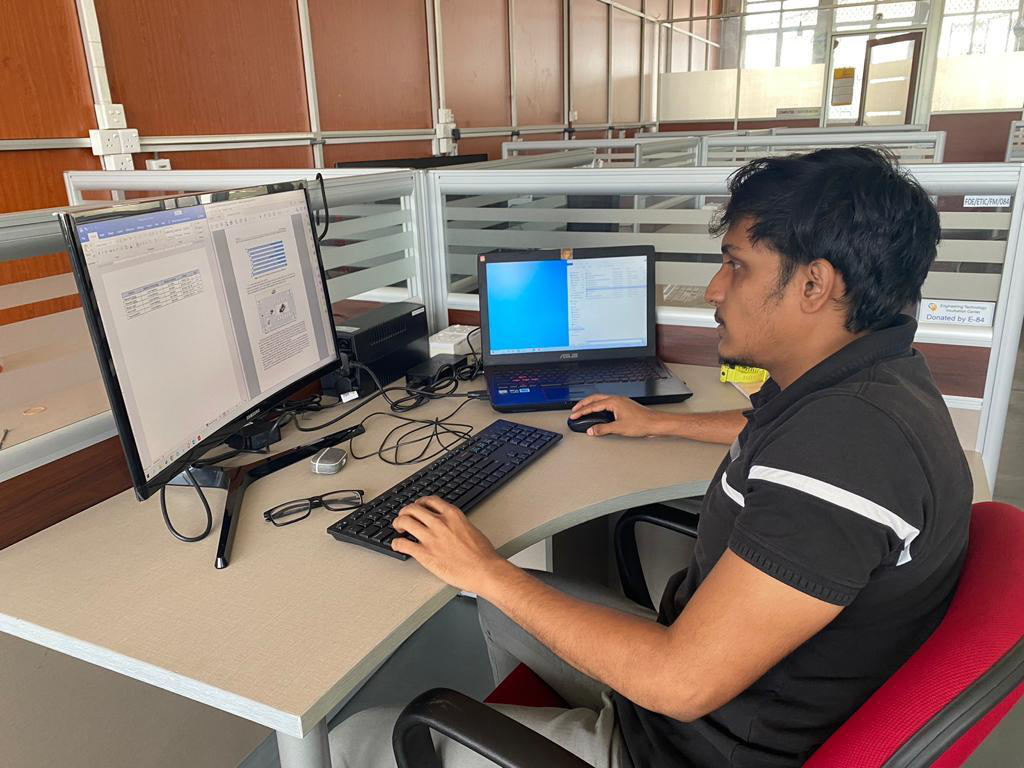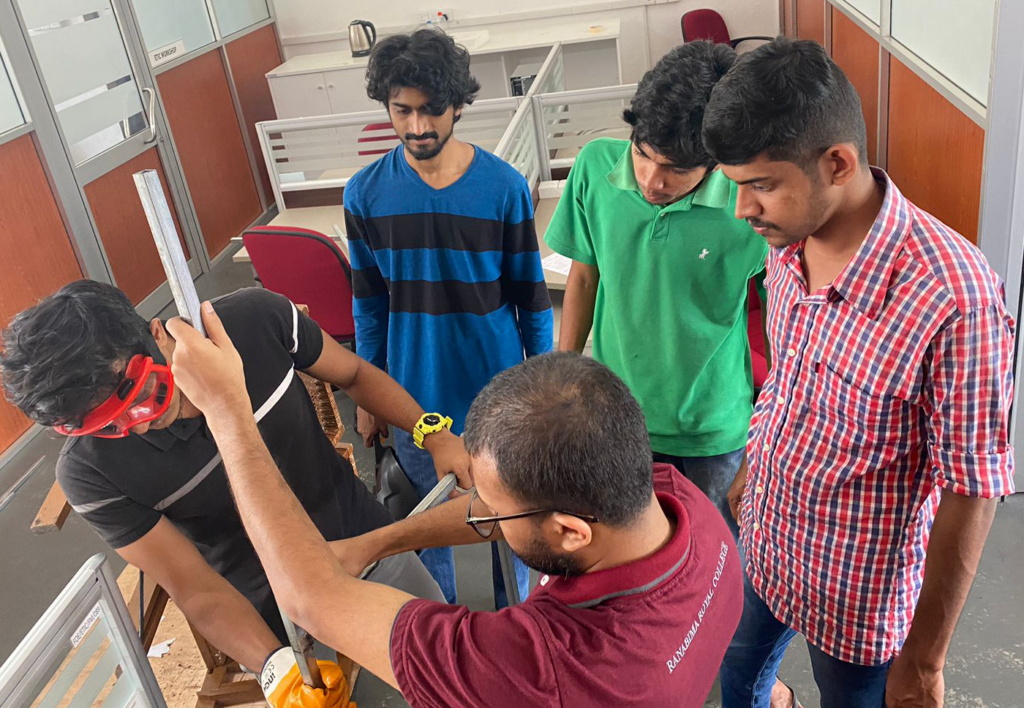Concerns about single-use plastic and what its widespread use means for the environment continue to be relevant internationally. While laws and regulations have been created to combat this growing problem, every change counts. The IEEE Student Branch at the University of Peradeniya in Sri Lanka firmly believes that education and hard work can be the start of a real difference. After teaming up with the Rotaract Club of University of Peradeniya, students worked to create a project that uses engineering and education to make positive change.
Engineering Projects in Community Service [EPICS] in IEEE, an IEEE Educational Activities program, funded this project through a grant from the EPICS in IEEE Fischer Mertel Community of Projects. The team created “iSort,” a sorting process for recyclable materials that also included an education component and reward system for young students. Approximately fifty university students worked with a group of five IEEE Volunteers to bring this project to life.
Team member Primash Morapitiya, a recent Electrical & Electronic Engineering graduate, explained how the team got its start:
“During the pandemic, we were separated from our universities and didn’t have anything to do. We collected our friends for a project and thought this could have a good impact. We were able to participate in a local competition that connected us to other people who believe in our cause. Through their [suggestions and guidance,] we decided to apply for a grant from EPICS in IEEE.”
Detailing how the project gained traction, team member Saumya Abeyrathne, a 2023 Graduate in Electrical & Electronic Engineering, said “As a start, we had discussions with the rotary club at the university, and they agreed to join us in the awareness program. Within the university, we could promote this concept and move on to schools from different areas of the country. We thought that if we started this awareness for the younger generation, this would be more effective.”

iSort aims to be a sustainable solution for improper waste management while promoting proper recycling. Its goal is to be an effective way to reduce plastic waste while also changing the thinking pattern of the public towards nature.
“Our main focus was to develop a machine using different engineering practices gained during our undergraduate years. The resulting solution would be capable of sorting out this plastic waste into different categories,” explained team member Saumya Abeyrathne. “The other thing is to make people aware of the importance of recycling and encourage them to do so. The process is efficient and sustainable by rewarding them [with mobile data packages] for using this machine.”
According to the team, in Sri Lanka, many people burn their plastic waste. This process leads to poor air quality and long-term health concerns for those who live in the area. By supporting recycling along with healthier ways to dispose of plastic, changing this norm can improve the quality of life for residents and help the environment.
Besides incineration, the team was also aware of improper disposal of recyclable materials that ultimately ends with items in landfills. Separating waste properly is the first step to ensuring the most effective disposal or proper recycling. This is where iSort comes in— by introducing a method that ensures that the type of plastic is identified and properly sorted.
To accomplish this, the team explained in their proposal that they used a deep neural network model with convolution layers and some modifications in the VGG 16 model. “The deep learning model was trained by a balance data set created using Google images and the deep neural network was able to indicate 4 categories of plastic materials with agreeable accuracy. The model was implemented in a Raspberry Pi after converting it to a lightweight model,” they wrote.
For example, yogurt and ice cream cups are standardized in Sri Lanka. Because of this standardization, iSort can categorize the recyclables with images. After categorizing the cups, the plastic is then shredded. This process condenses the plastic, which makes more space to take in additional waste.
The companion to this machine is the reward system that the team created in order to encourage recycling and educate the population. Through an app, users receive mobile data after they recycle using iSort. The team identified that having mobile data packages as gifts would encourage the younger generation to recycle.
“The original intention of the project is not to collect all soft plastics, which is impossible, but to encourage youngsters to recycle. [We do this] by using a token system, which can be helpful for them to use in their studies,” says Morapitiya.
The project team faced quite a few challenges regarding resources when working on this project, including the economic crisis in Sri Lanka and a lack of access to the proper materials needed to complete the project.
“At the beginning of the project, due to the pandemic, there was a huge economic crisis in Sri Lanka, and most imports were banned,” Abeyrathne said. “The cost for different materials increased drastically, and most of the time, the materials we needed were out of our reach… Eventually, the issue was somewhat settled, and we were able to get access to what we needed. Because those things were still not accessible, we moved to some alternate materials.”

Dealing with challenges far beyond their control, the iSort project team persevered and brought good to their communities. The team worked hard to provide a solution to a problem that affects the planet on a global scale by starting at the local level.
“We are really grateful that [initiatives] like EPICS in IEEE exist because if it weren’t for EPICS in IEEE, our project might still be in the concept or design stage,” Abeyrathne shared, “This was a great opportunity for us to make our project a reality.”
By combining engineering and education, iSort is proof that engineering projects can have a strong positive impact on local communities worldwide.
This project is part of The Fischer Mertel Community of Projects which supports students solving challenges that will benefit their communities in a tangible way through EPICS in IEEE. Supporting these student projects honors two IEEE Electromagnetic Compatibility Society (EMC) Hall of Fame engineering leaders by helping us remember the dedication and contributions of Joe Fischer and Herb Mertel to the field of engineering. Support for the Fischer Mertel Community of Projects was donated through the IEEE Foundation. EPICS in IEEE would like to thank the Fischer and Mertel families for their donation to support this project and those in future years.

Recent Comments